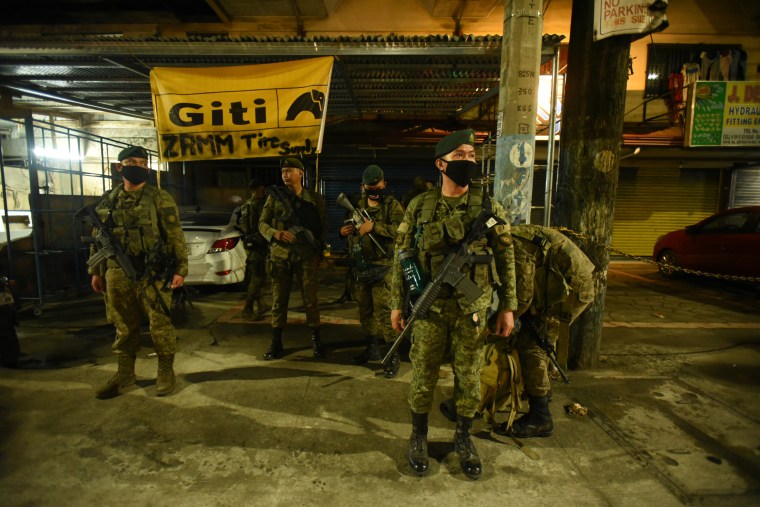Bangkok, November 23, 2020 – Philippine authorities should independently investigate the circumstances surrounding the killing of journalist Ronnie Villamor, and hold those responsible to account, the Committee to Protect Journalists said today.
In the afternoon of November 14, Philippine Army soldiers shot and killed Villamor, a contributor to the local independent Dos Kantos Balita weekly tabloid, outside a military checkpoint in Milagros, a town in Masbate province in the central Philippines, while he was on his way to cover a disputed land survey, according to press reports.
The troops, led by Second Lieutenant Maydim Jomadil, were investigating reports of armed men in the area, according to local broadcaster ABS-CBN. Major Aldrin Rosales, the local police chief, alleged that the troops ordered Villamor to stop his motorcycle, and opened fire when the journalist drew a firearm, according to that report.
In a statement posted to Facebook, the National Union of Journalists of the Philippines denied that version of events, saying that soldiers stopped Villamor and four surveyors he was accompanying despite the group having coordinated with police to be in the area. When the five decided to call local police to assist them in passing through the army checkpoint, the soldiers opened fire and killed Villamor, the statement said.
“Authorities must conduct a swift and independent investigation into the killing of journalist Ronnie Villamor, and ensure that any soldiers who acted unlawfully are brought to justice,” said Shawn Crispin, CPJ’s senior Southeast Asia representative. “Soldiers cannot simply gun down a journalist without fear that their actions will be thoroughly investigated and any wrongdoing punished. Prosecution of the perpetrators is the only way the cycle of impunity will be broken in the Philippines.”
Local English-language outlet Butalat reported that the army and police claimed Villamor was a member of the New People’s Army, an anti-government armed insurgent group active in the region.
The Presidential Task Force on Media Security, a government body tasked with resolving journalist killings, did not reply to CPJ’s repeated emailed requests for its assessment of Villamor’s killing and information on the status of any investigations into the case.
Villamor covered land disputes and other political issues for Dos Kantos Balita, according to the NUJP. The tabloid covers many hard-hitting issues, including illegal logging, drug trafficking, and illegal fishing in the region, according to a CPJ review of the publication’s Facebook page.
The Philippine Army did not immediately respond to CPJ’s emailed request for comment on the circumstances surrounding Villamor’s killing.
In October, CPJ published its annual Global Impunity Index, a ranking of nations where journalists are slain and their killers go free; the Philippines ranked seventh, with at least 11 unsolved journalist killings.
